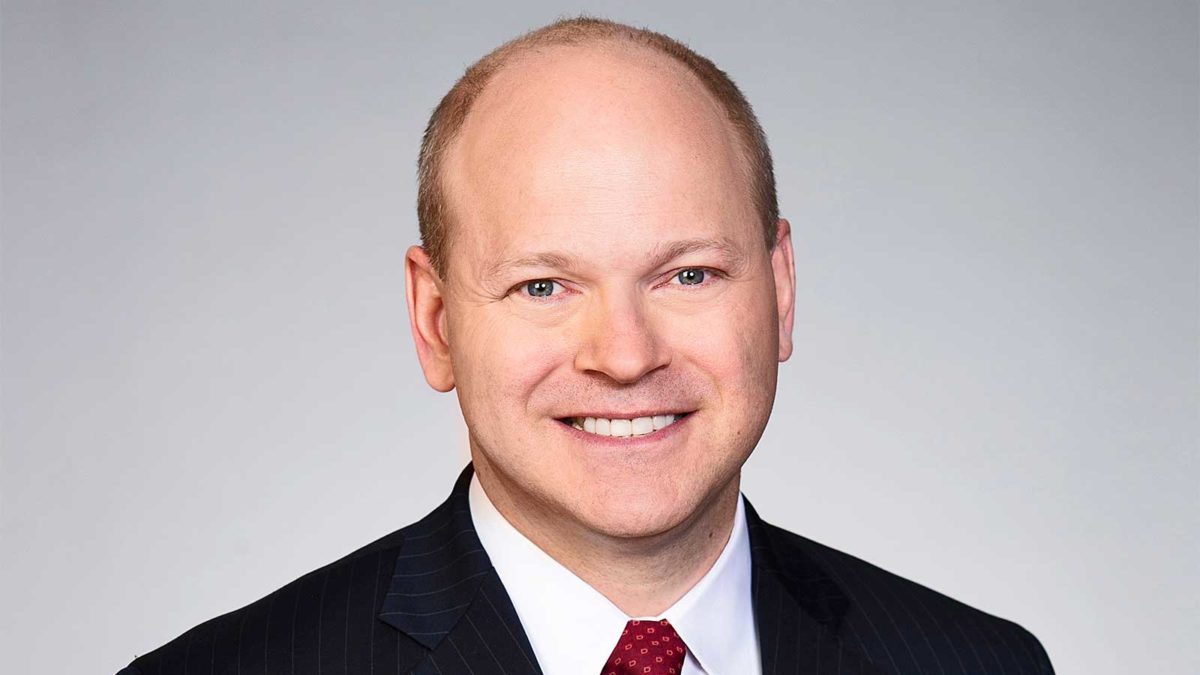Asset owners swim the deep end of private markets
Asset owners haven’t been challenged with a sustained crisis in nearly 20 years, and it’s possible they’ll get one just as they make the jump into markets they’re unfamiliar with. Governance will be key.
As inflation climbs and market volatility increases, Rich Nuzum, president of Mercer’s investments and retirements business, says that asset owners need to be getting their investment committees together and war gaming worst case scenarios.
“We really haven’t ben challenged in the last 20 years with a major sustained capital markets crisis,” Nuzum said on Tuesday ( February 15). “And I wish that more asset owners were trying to help their boards re-experience that and move from “Can we stay with our risk budget?” to “Are we wired up to grab opportunities when that happens?””
“There’s a lot of angst among in-house staff that when they look at their investment committee and their boards there’s very few people around from the GFC. It’s only been 12 years but that generation’s turned over. There’s nobody who’s been around long enough to have experienced a year where markets were down 20 per cent and stayed that way for 6-8 months.”
Nuzum also believes that the market has also lost two years of new firm formation to Covid, with those who were about to leave their firms thwarted by lockdowns and health orders that prevented potential institutional investors from doing due diligence on emerging managers.
“If you were about to set up your own shop, you had to hold off,” Nuzum said. “It’s been very hard to do that during Covid. You might have had friend and family money lined up, but it’s been very hard to go out and convince asset owners to use you when they can’t do an on-site visit. We’ve lost two years of innovation, of new investment processes being launched at new shops.”
As the crisis eases, Nuzum thinks those new firms and investment processes will drive particularly strong innovation in the private market and venture capital space, noting that multiple sovereign wealth funds have already tasked Mercer with running the numbers on what quantum of money they could put into venture capital without moving the market.
“We suddenly realised, individually they might not move the market – but in practice, they’re going to move the market,” Nuzum said. “So we’ve seen a massive amount of investment in venture capital globally, broadening out by geography, broadening out by industry segment – not just in tech – which is hugely stimulative to the global economy, in terms of the pace of disruption of standard business models.”
“There’s a chicken and egg thing; if you’ve got that much money chasing new ideas, two kids in a garage are gonna take down entire sectors of the public equity market. And you can only get exposure to those two kids in a garage through the private market space. And they’re not gonna need to go public until they’ve got $10 billion in capital. We’ve had the phenomenon of unicorns, we’ll have the phenomenon of decacorns.”
But as more asset owners flirt with private equity and venture capital, the need for investment committees to be prepared for a significant crisis will come to the fore. One of the enemies of a well-diversified portfolio is recency bias, and it’s possible that markets will become much less accommodating as asset owners start pushing into private markets they’re not as familiar with.
“A cardinal rule for an investment consultant is to never exceed your client’s risk tolerance,” Nuzum said. “And the acid test is, imagine you start into your new private equity allocation with plans to build it over seven years. And one year in there’s a 40 per cent downturn. And everything you’ve just invested in is underwater. What’s the board’s response?”
“The response you want, if you’ve done a great job on governance, is “Wow, what a great time to double down – let’s buy secondaries, let’s move faster, we want to put more money at work, thank god we got a correction” – not “Oh gosh, we’ve just started investing in this asset class and we’ve lost 20 per cent of our principle, we’ve made a mistake.” It does come down to governance; that’s a big inhibitor.”











